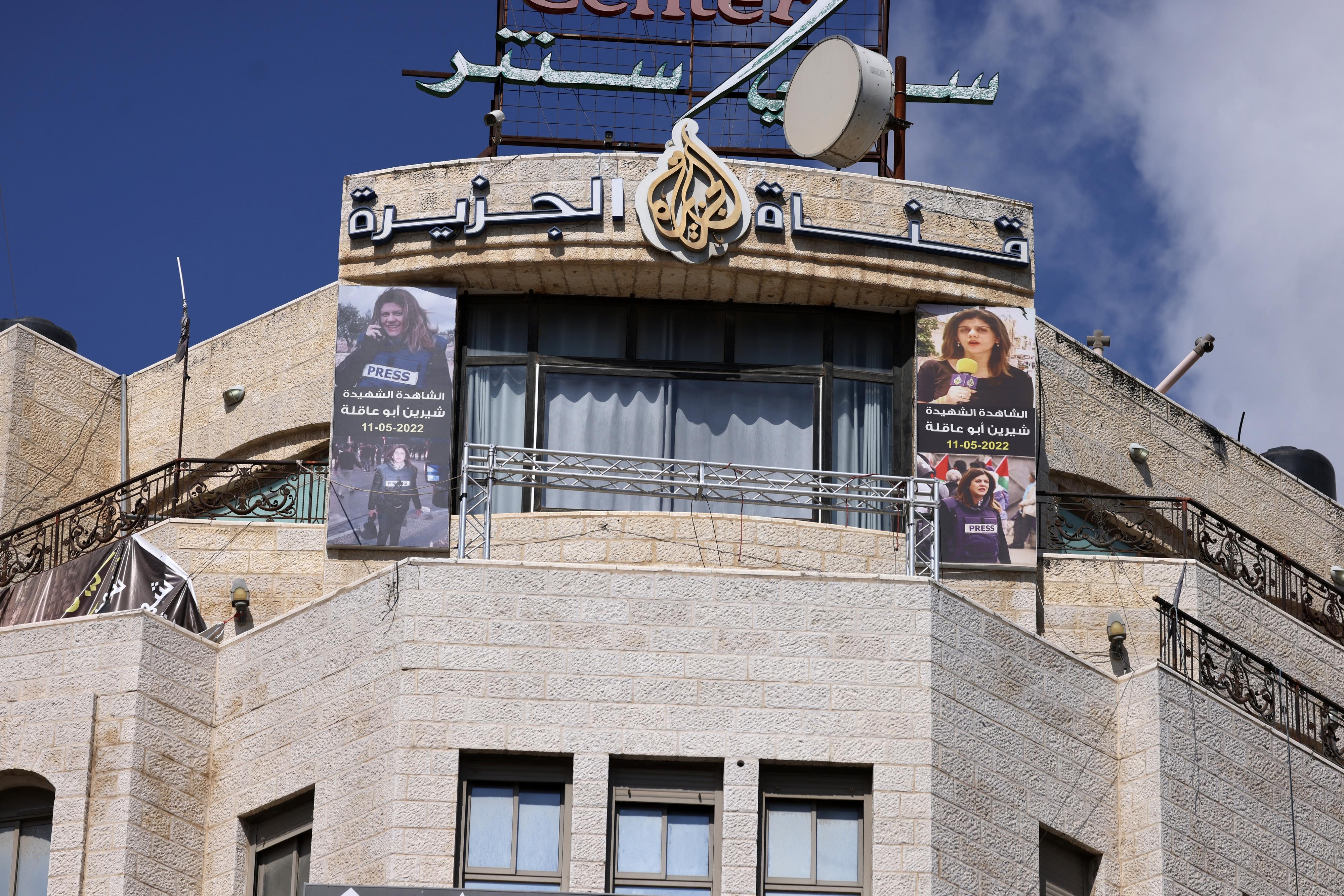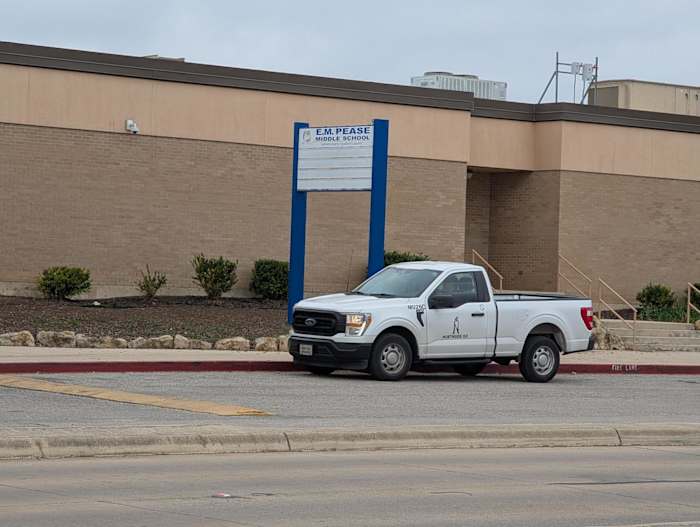The Palestinian Authority has suspended Al Jazeera’s broadcasts throughout the West Bank, accusing the network of inciting unrest and interfering in internal affairs. This move intensifies the ongoing tensions between the PA and the Qatari state-owned media outlet.
Palestinian Authority suspends Al Jazeera from broadcasting in the West Bank

Key Takeaways:
- The Palestinian Authority suspended Al Jazeera broadcasts in the West Bank.
- Al Jazeera is accused of incitement and interfering in Palestinian affairs.
- Fatah previously banned Al Jazeera in northern Samaria over similar allegations.
- Other Middle Eastern countries and Israel have also restricted Al Jazeera.
- International concerns have been raised regarding media freedom implications.
PA Bans Al Jazeera Operations in the West Bank
The Palestinian Authority (PA) has announced a suspension of Al Jazeera’s broadcasts throughout the West Bank, effectively banning the Qatari state-owned network’s journalists from operating in areas under PA control.
Accusations of Incitement
In a statement released on Wednesday evening, the PA accused Al Jazeera of airing “incitement and false reports that stir internal unrest and interfere in internal Palestinian affairs.” The announcement, made through Wafa, the PA’s official news outlet, emphasized the government’s decision to “block Al Jazeera and suspend the work permits of all journalists, employees, crews, and channels affiliated with it.”
Previous Restrictions and Ongoing Tensions
This suspension follows a series of escalating tensions between Al Jazeera and the PA. Last month, Fatah, the ruling party of the PA, banned the network from operating in the Jenin Governorate, located in northern Samaria. Fatah alleged that Al Jazeera was glorifying Iranian-backed groups, urging Palestinians to boycott the network. In their statement, Fatah accused Al Jazeera of playing a “dangerous role” in covering clashes between PA forces and certain groups in Jenin, blaming the outlet for sowing “discord” among Palestinians.
Regional Actions Against Al Jazeera
The PA’s move aligns with similar actions taken by other countries in the region. Israel, Saudi Arabia, Jordan, the United Arab Emirates, Bahrain, and Egypt have all previously imposed restrictions or bans on Al Jazeera’s operations. On September 22, Israeli soldiers delivered a temporary closure order to Al Jazeera’s office in Ramallah. Nitzan Chen, director of Israel’s Government Press Office, described Al Jazeera as “a media outlet that disseminates false content, which includes incitement against Israelis and Jews and constitutes a threat to IDF soldiers.”
International Concerns Over Media Freedom
The suspension has prompted international concern regarding media freedom. On May 6, U.S. State Department spokesman Matthew Miller expressed apprehension over Israel’s decisions affecting Al Jazeera. “We have made quite clear that we support media freedom all around the world, including in Israel,” Miller stated. “We think Al Jazeera ought to be able to operate in Israel, as it does in other countries in the region.”
Al Jazeera’s Response
In response to the PA’s actions, Al Jazeera issued a statement condemning what it described as a “campaign of incitement” against the channel and its reporter in Jenin, Mohamad Atrash. The network defended its coverage of the clashes involving Palestinian groups in northern Samaria, asserting its commitment to journalistic integrity and objective reporting.
Implications for Press Freedom
The PA’s suspension of Al Jazeera raises significant questions about press freedom within Palestinian territories. As tensions continue between the PA and media organizations, concerns grow over the ability of journalists to operate freely and the public’s access to diverse news sources. The move underscores the complex dynamics of regional politics and the role of media in conflict areas.











